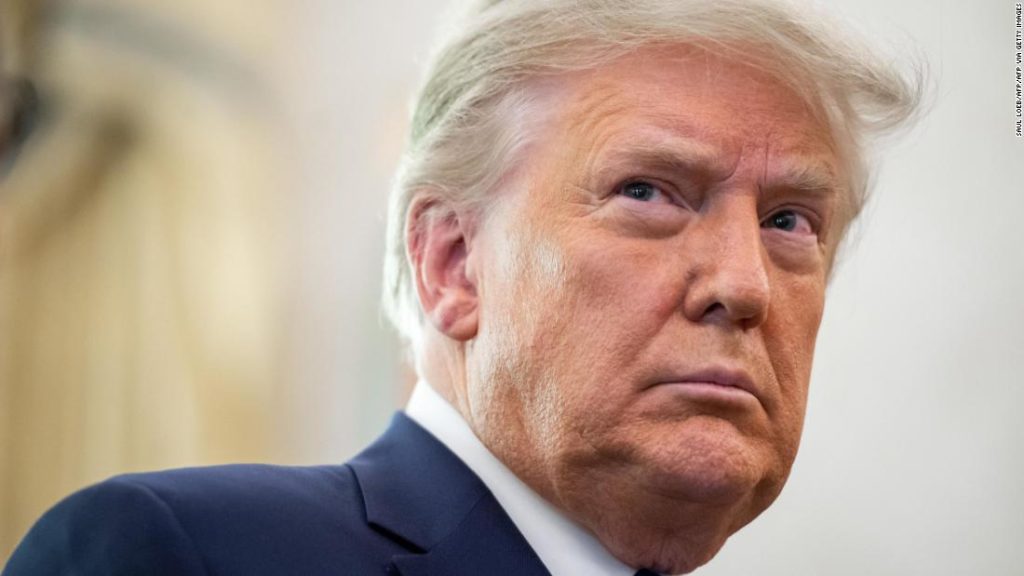The disqualification power, though rarely invoked, is particularly relevant here because of the calendar. Ordinarily, impeachment and conviction carry a heavy penalty: forfeiture of a president’s remaining term in office. But because Trump’s effort to inflame his followers to storm the Capitol crested on January 6 — exactly two weeks before the end of his tenure — there is little practical chance that the House can impeach and the Senate can hold a trial and convict before the natural end of his term on January 20.
So disqualification likely will be the only real way to impose tangible punishment.
There undoubtedly is a punitive aspect to disqualification; it is necessary to deter treacherous conduct even in the final days and hours of a president’s term in office. And the looming threat of a post-presidency disqualification vote by the Senate could deter Trump from committing further potential abuses of power — from his authority as commander-in-chief to his exercise of the pardon power.
Of course, it’s about even more than preventing Trump from holding office again. The impending impeachment of Trump is also about the history books. It’s vital that Congress condemn Trump’s conduct not just in words but also in action — and impose meaningful punishment to stand as a marker for future generations.
Impeachment and conviction without disqualification ultimately would be toothless, permitting Trump to escape with a wag of the finger but minimal concrete consequences. But disqualification sends an unmistakable message: any president who violates the oath of office as Trump has done will be cast out of office and never permitted to return.
Now your questions
Kara (Tennessee): If the President is impeached, can he lose the benefits that former presidents usually receive?
There also could be an argument that if Trump is convicted by the Senate only after he has left office on January 20 — which is possible, as discussed above — he technically was not “removed” from office. But the spirit of the law plainly is to punish former presidents who have been found guilty of high crimes and misdemeanors by stripping away their post-presidency benefits.
Jim (Oregon): Could Texas Sen. Ted Cruz or others who spread falsehoods about election fraud — and thereby contributed to inciting rioters — be punished or even removed from office?
Andreas (Illinois): Does the First Amendment apply to companies like Twitter and Facebook, or do they have the freedom to remove posts and block users as they see fit?
But the First Amendment does not bind private actors like Twitter or Facebook. There simply is no way for Trump, or anyone else, to legally compel such private entities to allow them to use their platforms.
You may also like
-
UK coronavirus variant has been reported in 86 countries, WHO says
-
NASA technology can help save whale sharks says Australian marine biologist and ECOCEAN founder, Brad Norman
-
California Twentynine Palms: Explosives are missing from the nation’s largest Marine Corps base and an investigation is underway
-
Trump unhappy with his impeachment attorney’s performance, sources say
-
Lunar New Year 2021: Ushering in the Year of the Ox

